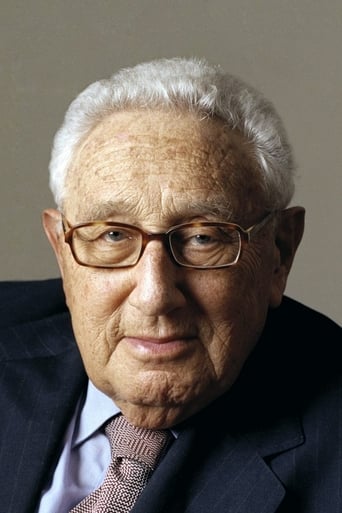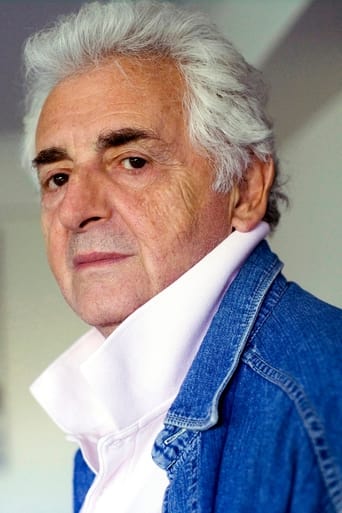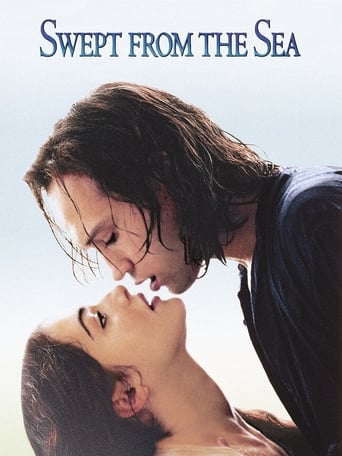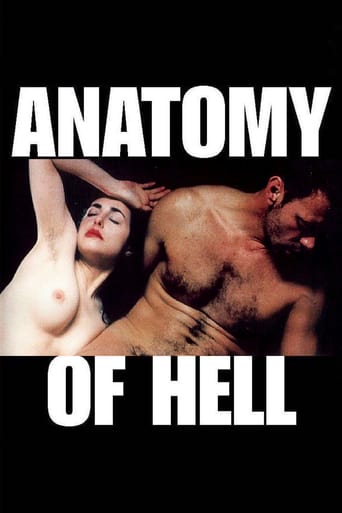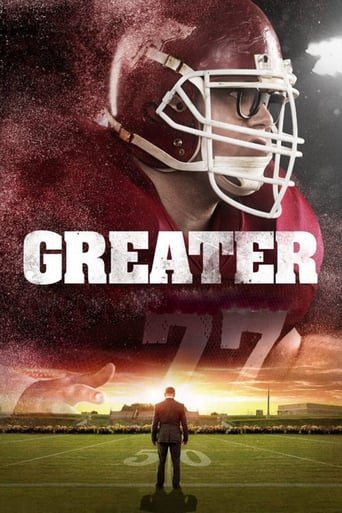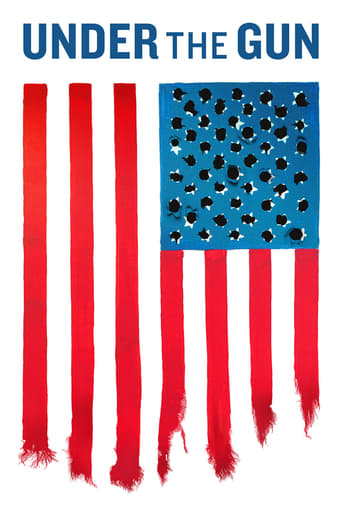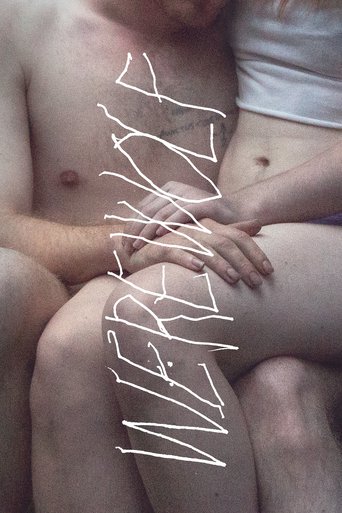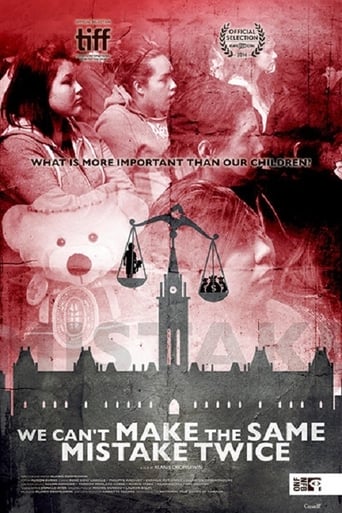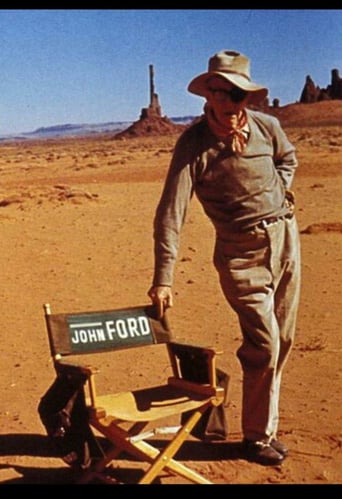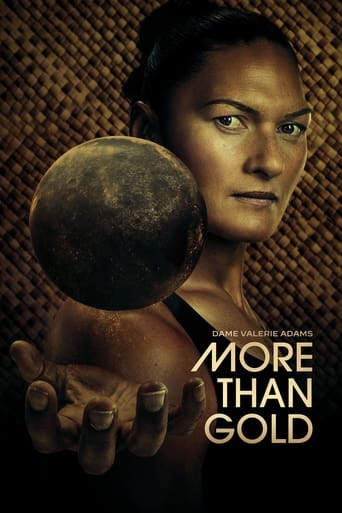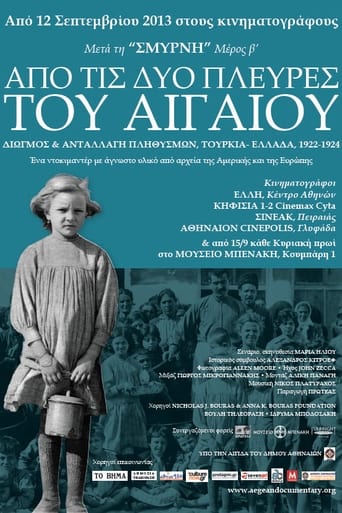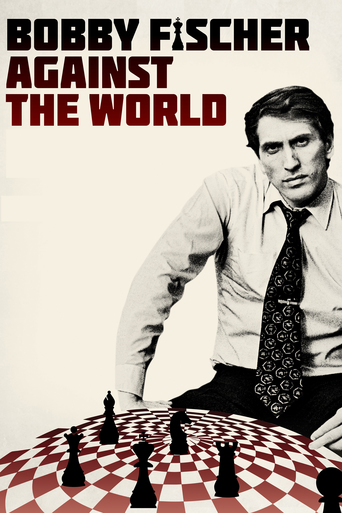
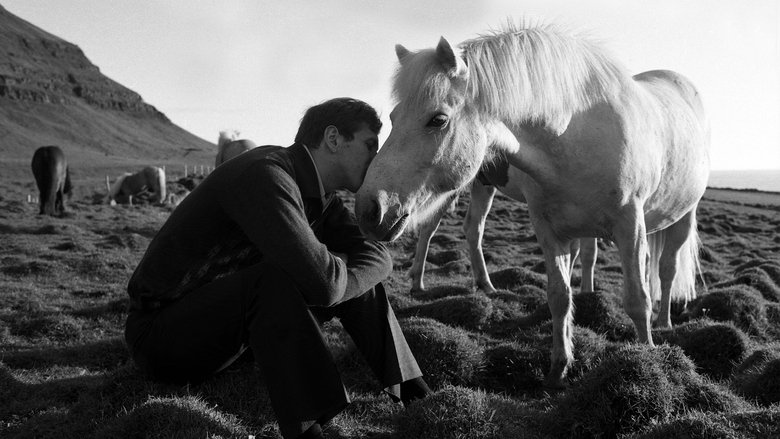
Bobby Fischer Against the World (2011)
The first documentary feature to explore the tragic and bizarre life of the late chess master Bobby Fischer.
Watch Trailer
Cast


Similar titles
Reviews
It's hard to imagine that a game of chess could capture the attention and imagination of millions; that a chess champion could become an international star, chased by the press and greeted like a hero on tarmacs around the world. Yet that is precisely what happened in the early Seventies, when the 29-year-old American Bobby Fischer took on the 35-year-old Russian Boris Spassky in the most notorious chess match in history: the 1972 World Chess Championship in Reykjavik, Iceland.This historical event is dramatically recounted in Liz Garbus' new documentary, Bobby Fischer Against the World. The film explores the rise and fall of the chess world's bad boy: from a poor, self-taught child prodigy to a venerated world champion and, finally, a reviled paranoiac. The film divides Fischer's life into three parts, with the middle centring on that famed 1972 match in Reykjavik.The trajectory that the film traces is rather clichéd, but along the way it does raise a number of intriguing questions: What is the nature of genius? What does it take to make a champion? What are the causes of mental illness? The film hints at how the young Bobby Fischer was affected by growing up without a father and being raised by a lefty mother in a poor Brooklyn household at the height of red-baiting. It looks at how fame affected Fischer, a recluse who cherished privacy, and it explores the nature of the game of chess itself, the mental as well as physical stamina it requires. The film also shows how Bobby and Boris became pawns (if willing ones) in the Cold War stand-off between the US and the USSR.Considering its wide scope, it is neither surprising nor disappointing that Bobby Fischer Against the World raises more questions than it answers. Garbus largely leaves it to the viewer to draw their own conclusions about what to make Fischer's life and personality. The documentary intersperses newsreel footage, still images by photographer Harry Benson (who was granted unique access to Fischer), and talking heads that include Henry Kissinger, Fischer's brother-in-law, his chess contemporaries, various fans and historians.One of the interviewees refers to Fischer as 'the Mozart of chess'. Indeed, he started teaching himself the game at the age of six, spending all his free time studying strategies and playing against himself. Just a few years later he was frequenting chess clubs in Manhattan and soon he was taking on up to 40 adults at a time. At 14, he became the youngest US Open Champion ever.By contrast, Spassky's home country was a place that talent-spotted, honed and coached their chess players. In the Soviet Union, chess was not just a sophisticated boardgame, but a matter of collective, national pride.So when the two players went up against each other in Iceland, the match was loaded with symbolism. As another chess grandmaster, Garry Kasparov, says in the film, Fischer was 'representing the entire free world'. At the time, an American TV news bulletin put the latest news about Fischer above the Watergate scandal and soaring unemployment in the US. And when the notoriously demanding and elusive chess champion at first failed to show up in Iceland, Kissinger himself called Fischer up, urging him to go.In an interview after his World Championship win, Fischer said he felt like something had been taken out of him. Having achieved the ultimate accolade, Fischer became more and more of a recluse and failed to defend his title three years later. For the chess world, this was a great betrayal.Fischer only resurfaced for a bizarre 'comeback' 20 years later in a 1992 re-match against Spassky in the former Yugoslavia, which was then under United Nations sanctions. Fischer ended up winning the rematch, but the price was high. He was indicted by the United States for defying a presidential ban against commercial dealings with Yugoslavia, facing fines and a 10-year prison sentence if he returned. His old friend and bodyguard managed to secure him citizenship in Iceland, where he died in 2008.When he returned to the public eye in 1992, Fischer was wild-haired, podgy and virulently anti-Semitic. Although both his parents were Jews, Fischer got mired in conspiracy theories, reading pamphlets about the Illuminati and The Protocols of the Elders of Zion. In a radio phone-in just after 9/11 he gloated over the Twin Tower attacks. Having been paraded in front of cameras as an American hero as a child, and taken pride in beating the Russians as a young man, at the end of his life Fischer was an outcast and a self-made enemy of the state.Bobby Fischer Against the World suggests that there is something about the game of chess that not only attracts, but also contains or focuses great minds. As an interviewee in the documentary notes 'A good chess player is paranoid on the board, but then if you take that paranoia to real life it doesn't play so well'. Once chess was no longer his sole obsession, Fischer seems to have begun to imagine that there were some hidden strategies behind people's every move. And he is not the only who comes off as paranoid in the film. In the course of the 21 individual games that Fischer and Spassky played during those three summer months in Iceland, Spassky claimed that his opponent was using electronic and chemical devices to control and unsettle him. A thorough police search of the room where the match took place failed to find any such devices.In the end, Garbus' film makes no excuses for Fischer's despicable views while at the same time showing that, regardless of his disappointing private ending, Fischer's remarkable achievements still remain an inspiration.
Was Bobby Fischer the greatest chess player who ever lived? Probably, but as this HBO-produced documentaryreveals there was also a darker side to his genius. Drawing upon a wealth of fascinating archival footage, veteran documentary filmmaker Liz Garbus (Girlhood, The Execution Of Wanda Jean, etc) draws a complex portrait of the man, depicting him as stubborn, arrogant, obsessive and a temperamental but typically flawed genius who crumpled under enormous pressure. The portrait of Fischer is rounded out through a series of extensive and candid interviews with colleagues and those who knew him best. There is even an interview with a sad, pathetic and paranoid Fischer himself, filmed a couple of years before his death. Garbus traces his life from his first public appearances as a self-taught child prodigy, becoming US chess champion at the age of 15 and world champion in 1972, to his lonely death in Iceland in 2008 where the disgraced former champion was living in exile. The film spends a lot of time examining his challenge against Russian world champion Boris Spassky in Reykjavik, arguably the most famous chess match in history, looking at the psychological ploys Fischer used to rattle his opponent. The film also looks at the impact his victory had for the profile of chess in general, but the far more fascinating context of the Cold War paranoia against which the match was played is skimmed over. Following his victory Fischer's fragile mental state declined and he failed to deal with the public adulation that followed, and Garbus examines his tragic fall. The film unfolds in a somewhat conventional fashion, but it still makes for compelling viewing.
I was 11 years old in 1972, and I remember the whole Bobby Fischer/Boris Spassky thing. I was also aware of what happened to Fischer in his later years. So I'm familiar with the story, but by now means an expert. The film got mostly good reviews, so I was very interested in seeing this, and learning more about Fischer. However, there was hardly anything new in this documentary that I didn't already know about (and remember, I'm by no means a Fischer expert), and close to an hour of this film revolved around the Fischer/Spassky match. If you know nothing about Bobby Fischer, this is a good movie, but if you know nothing about Bobby Fischer, why would you see this movie in the first place? I see that this film won an award for Best Documentary at the Newport Beach Film Festival. I knew nothing about this festival, but the fact that a film like this could win ANY type of award does not make me think that the Newport Beach Film Festival will soon be rivaling Sundance or Cannes.
Saw this documentary during the "Flimmer Filmfestival" in Norrköping, Sweden on the 6th of October 2011.I just have to say that this is a great documentary. It follows and explains the life of World Champion Chess player Bobby Fischer, from his childhood to present. Everything from the stunning interviews to the background music in this documentary is so well thought of. It's a documentary that has you on the edge of your seat during the whole playtime, telling an amazing, fun and also sad story about a man that changed the world. I would recommend anyone to go and see this brilliant depiction of a man's life and his inner struggle with himself. 9/10 stars.



